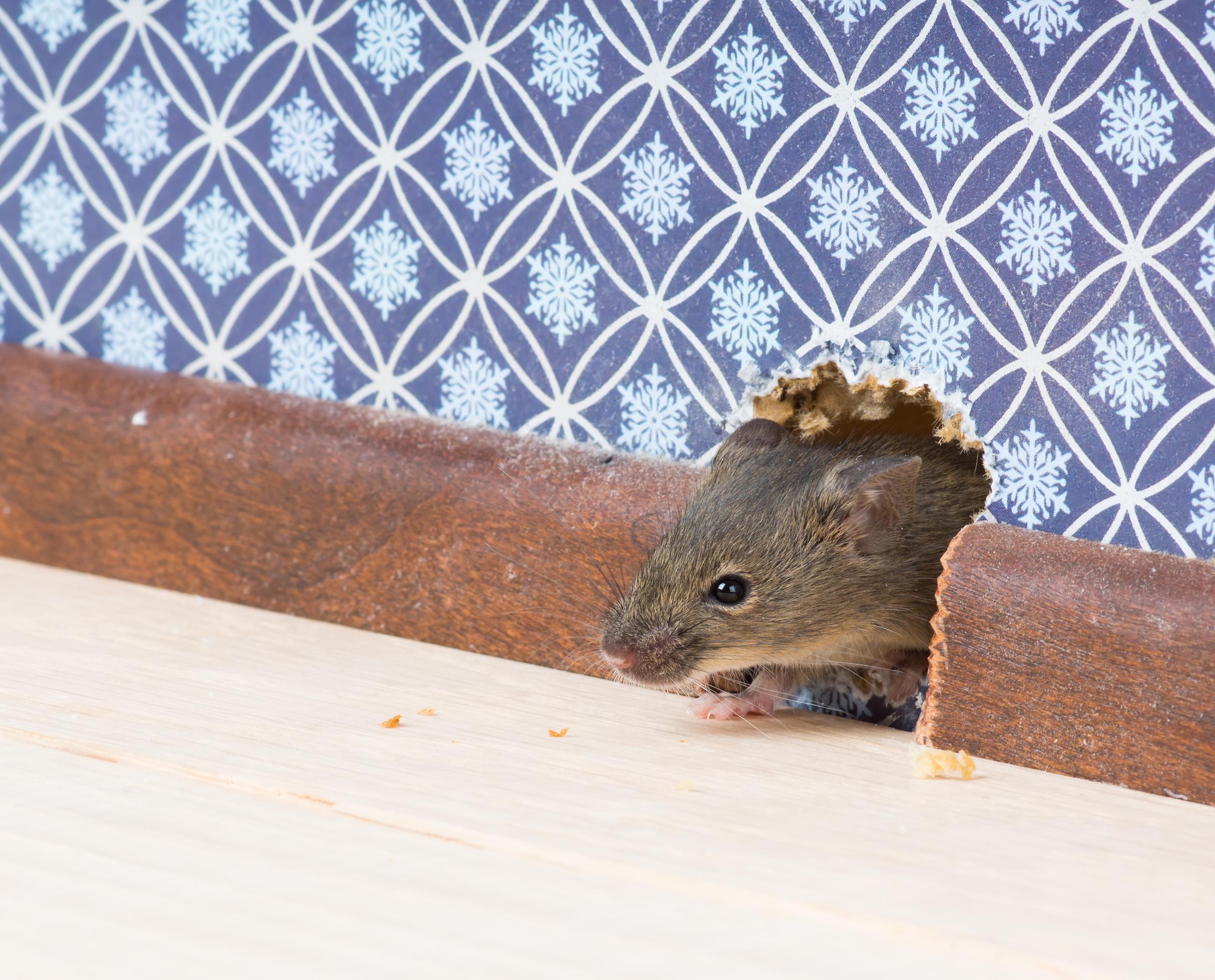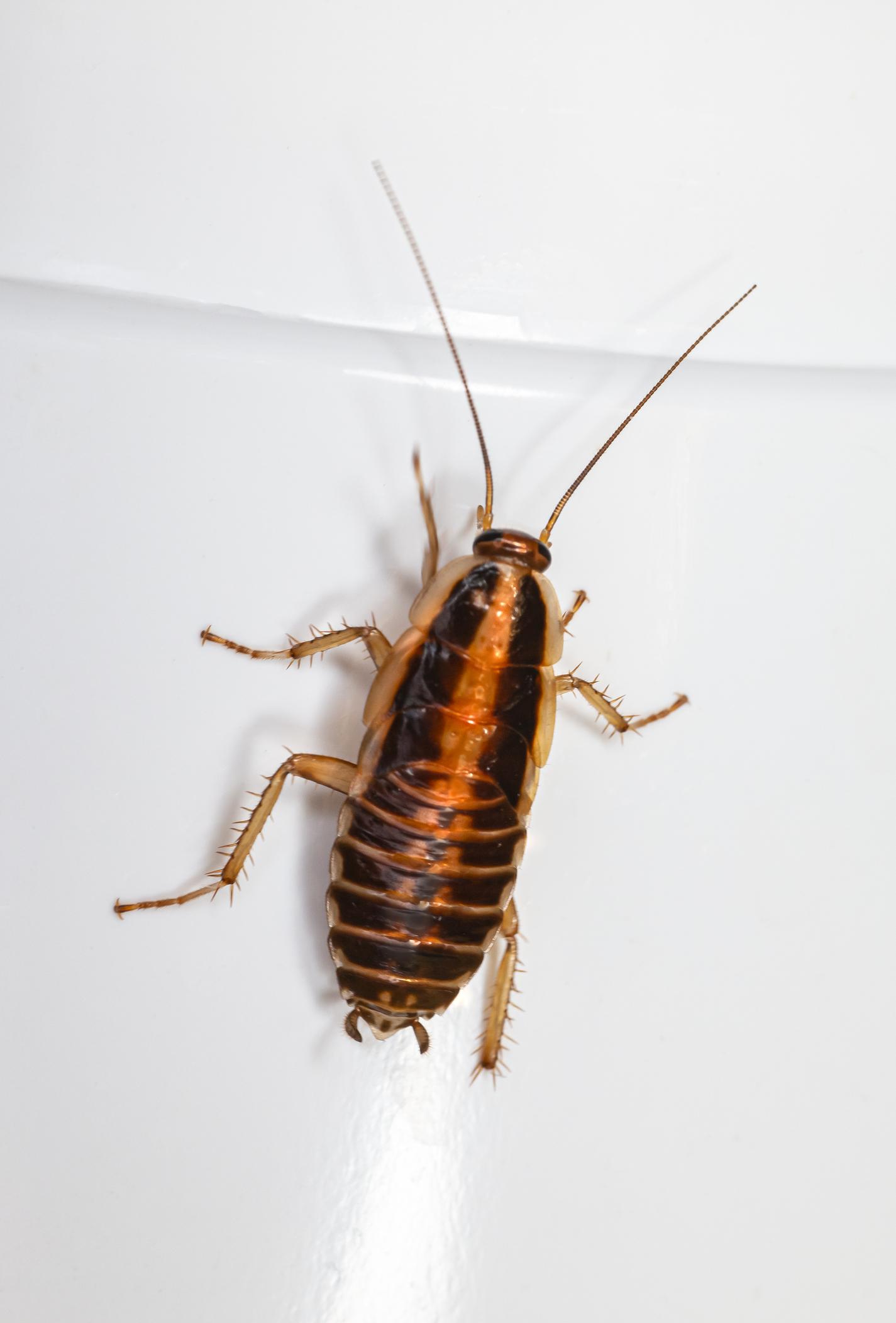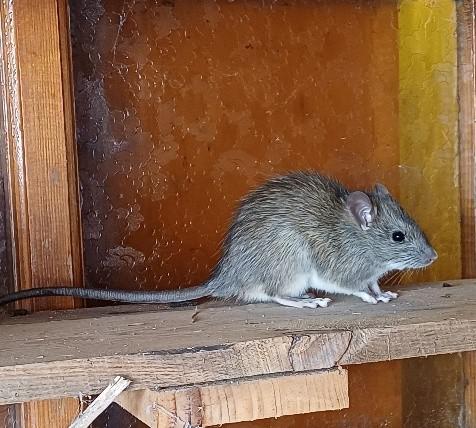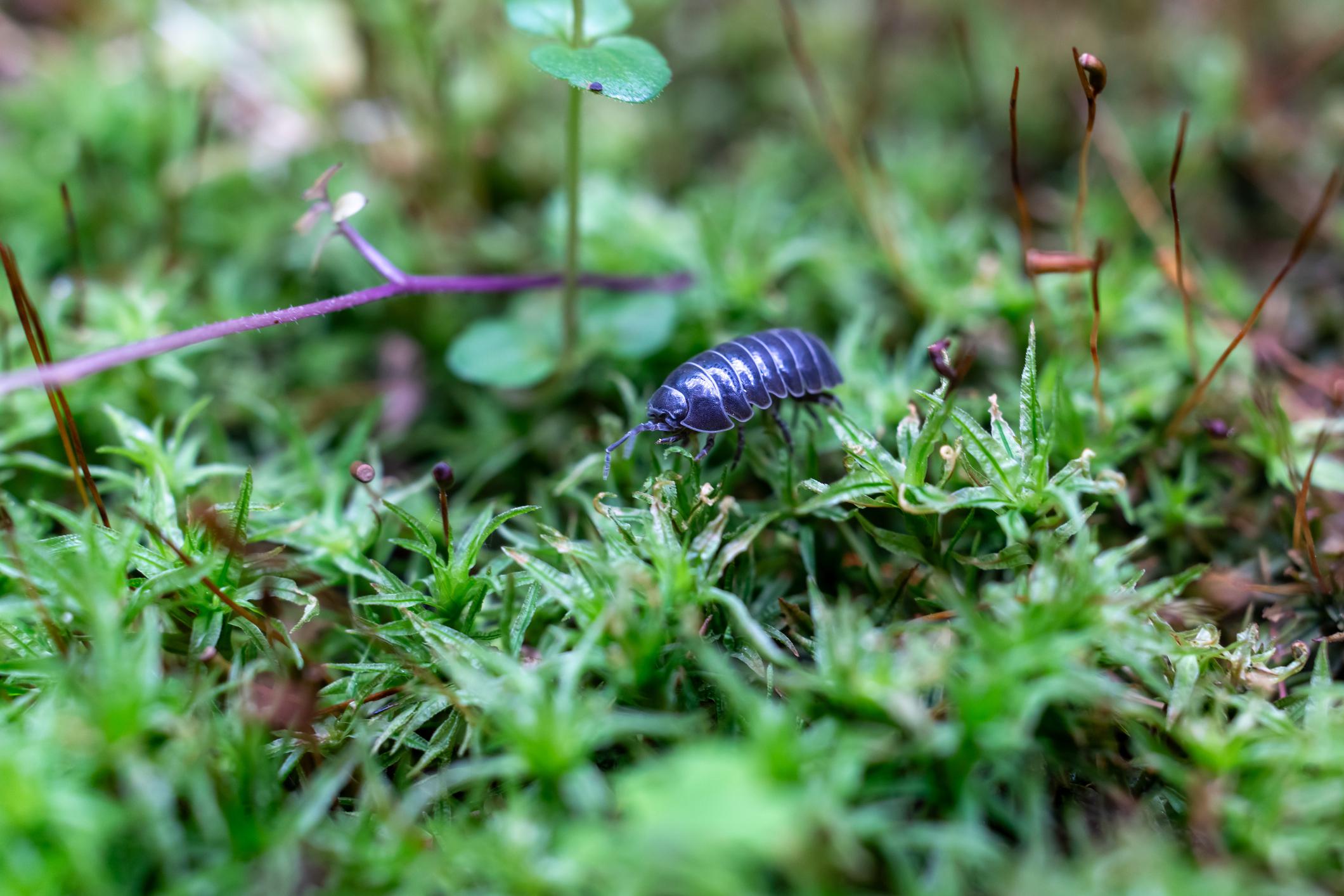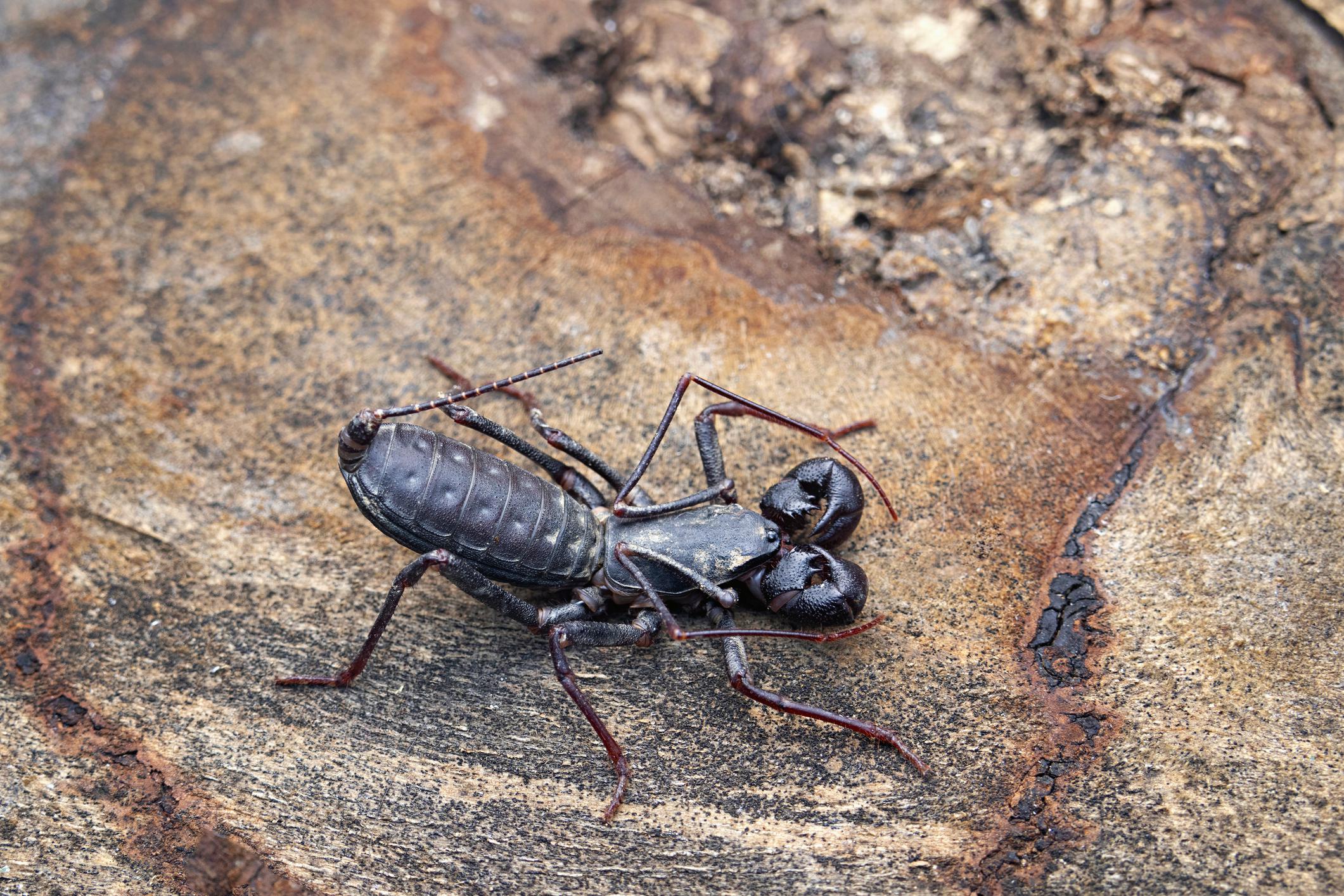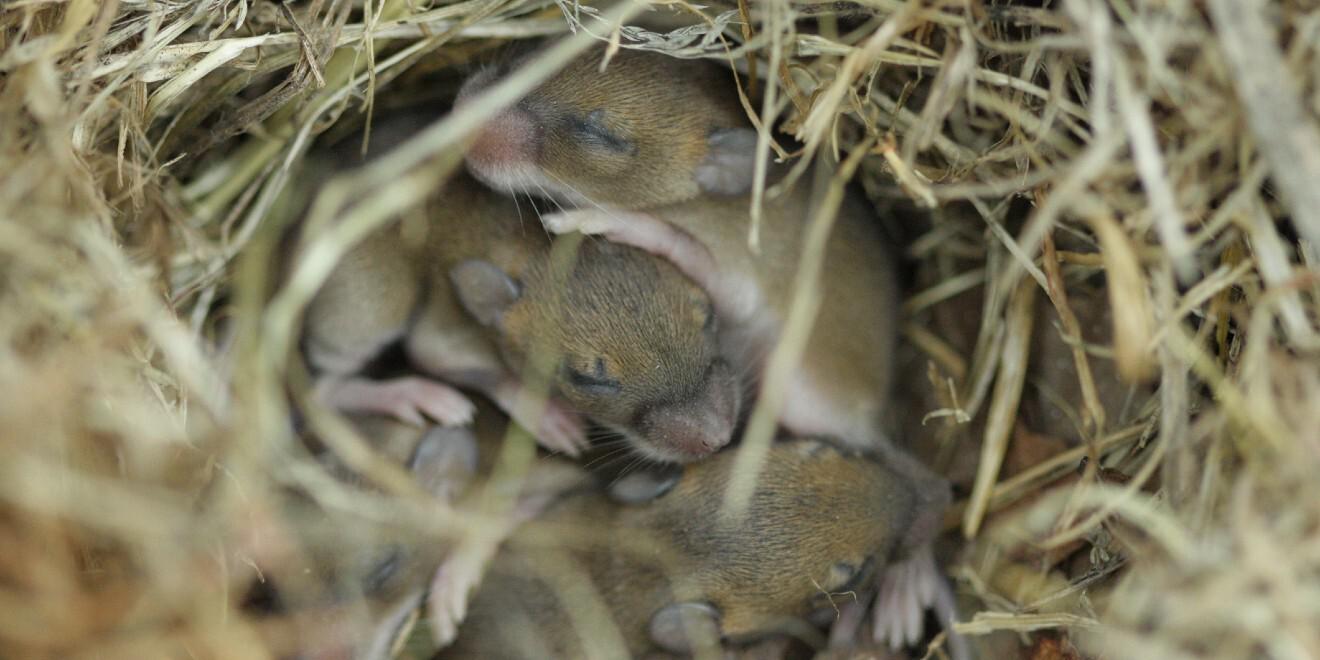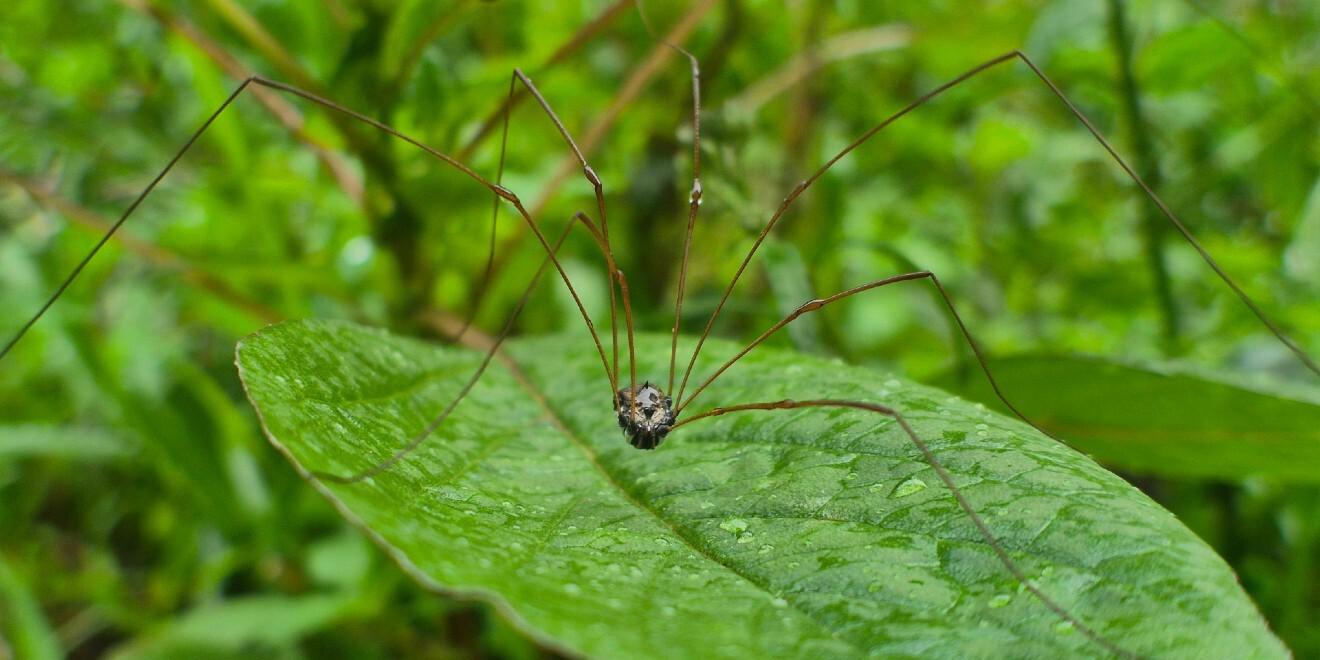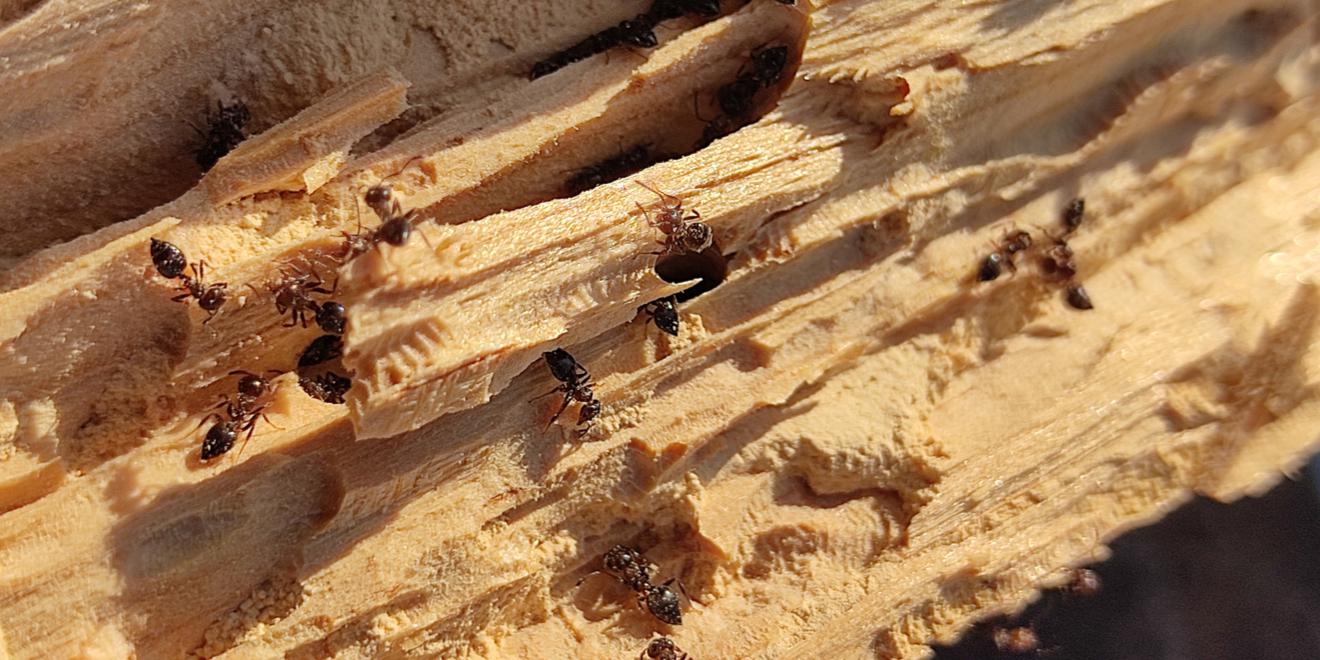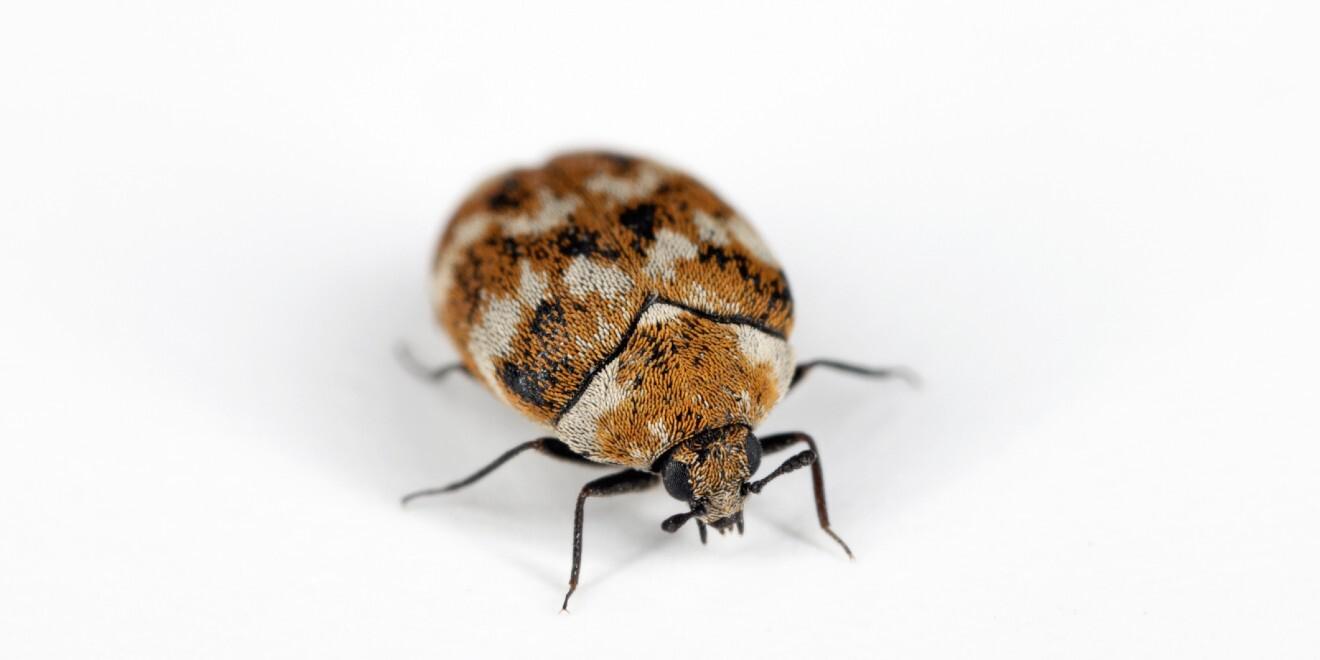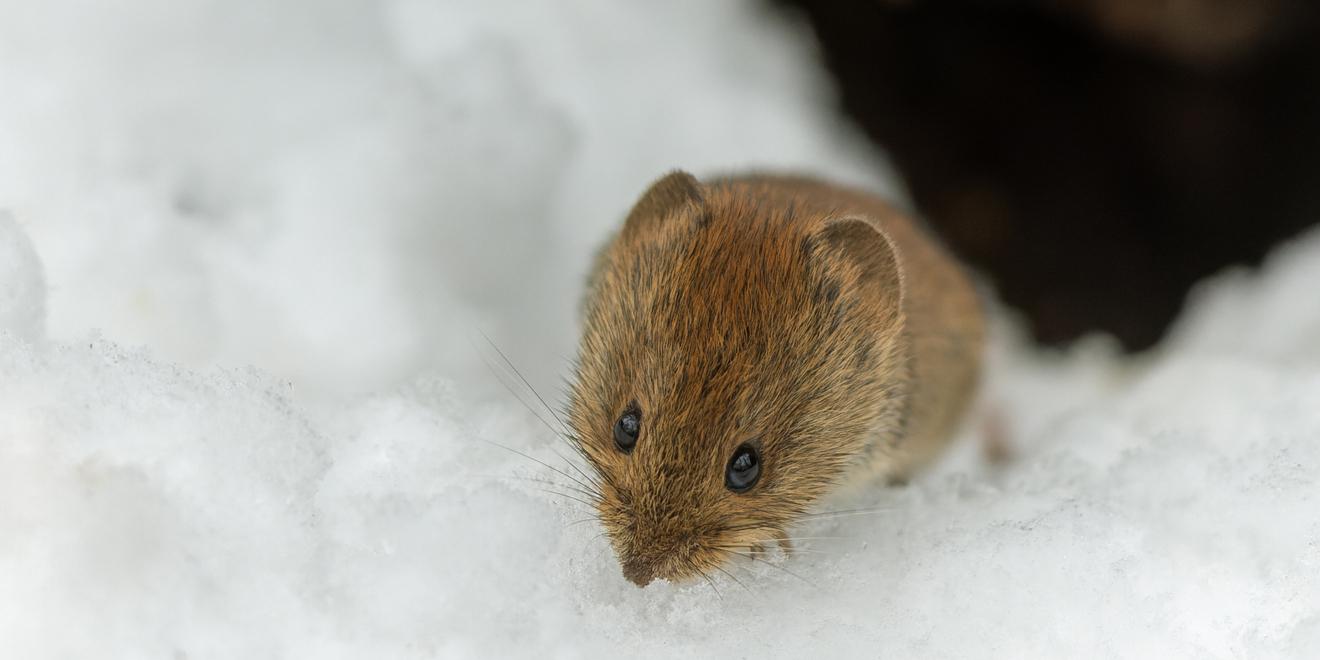Lone Star Ticks and Alpha Gal: What You Don’t See Could Affect You Later
Posted by Mosquito Squad
July 18, 2025
Most people in the region are familiar with ticks as outdoor pests—but few realize how much they’ve changed in recent years. NW Indiana tick and mosquito control services now play a role in addressing the broader risks ticks pose, like an allergy known as Alpha-gal Syndrome. This isn’t your typical reaction to a bug bite: Alpha-gal is triggered by a lone star tick bite and results in a delayed allergy to red meat.
Once considered strictly a southern issue, lone star ticks have been moving northward. Climate shifts, wildlife migration, and increasing travel mean that Northwest Indiana residents can encounter this tick locally or while on the move. Understanding the risk is the first step toward prevention.
How Alpha-Gal Syndrome Develops
What makes Alpha-gal Syndrome so unique is its delayed response. After a lone star tick introduces a molecule called alpha-gal into your system, your body may start reacting to any red meat you consume—sometimes hours later. That burger you ate at lunch? It could be the cause of hives, nausea, or even breathing problems later that evening.
For many, the cause isn’t obvious. People often go through several episodes before identifying the link, which can even be triggered by some dairy products, gelatin, and medications can also trigger symptoms.
The lone star tick is easily identified by a distinctive white dot on the back of the adult female. But recognition often comes too late—after the bite, after the reaction, and after the diagnosis. This is why awareness and prevention go hand in hand.
Easy Ways to Lower Your Risk at Home and Outdoors
Ticks love shaded, damp areas. They cling to tall grass, brush, and wooded paths, waiting for animals or humans to pass by. For anyone spending time outdoors—whether hiking, gardening, or hosting a backyard cookout—it's smart to take precautions.
Start by dressing for the environment: long sleeves, long pants, and insect repellent with DEET or other tick-effective ingredients. Always check for ticks after being outside, including on children and pets. Remove any ticks promptly with tweezers, grasping close to the skin.
At home, make your property less inviting to ticks. Keep grass short, clear leaf piles, and trim back vegetation. Stack wood neatly and away from your house. If your property backs up to woods or fields, consider adding a gravel or mulch buffer. These small changes create big barriers between you and tick habitats.
And if you want even more protection? That’s where professional services come in.
Our Role in Helping You Stay Protected
Mosquito Squad of NW Indiana offers targeted tick treatments designed to help reduce tick populations around your home. Our approach focuses on where ticks are most likely to hide, like fence lines, shaded landscaping, and pet paths, with treatments that are effective for up to 21 days.
We don’t take a one-size-fits-all approach. Every property is different, and we work with you to create a plan based on your yard’s layout and your family’s outdoor habits. Whether you’re concerned about Alpha-gal Syndrome or just tired of pulling ticks off your dog, we’re here to provide professional service with a satisfaction guarantee.
If you want help creating a better outdoor environment, reach out to Mosquito Squad of NW Indiana. We’ll work with you to build a defense strategy that fits your life and keeps ticks from becoming more than just a nuisance.

